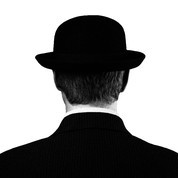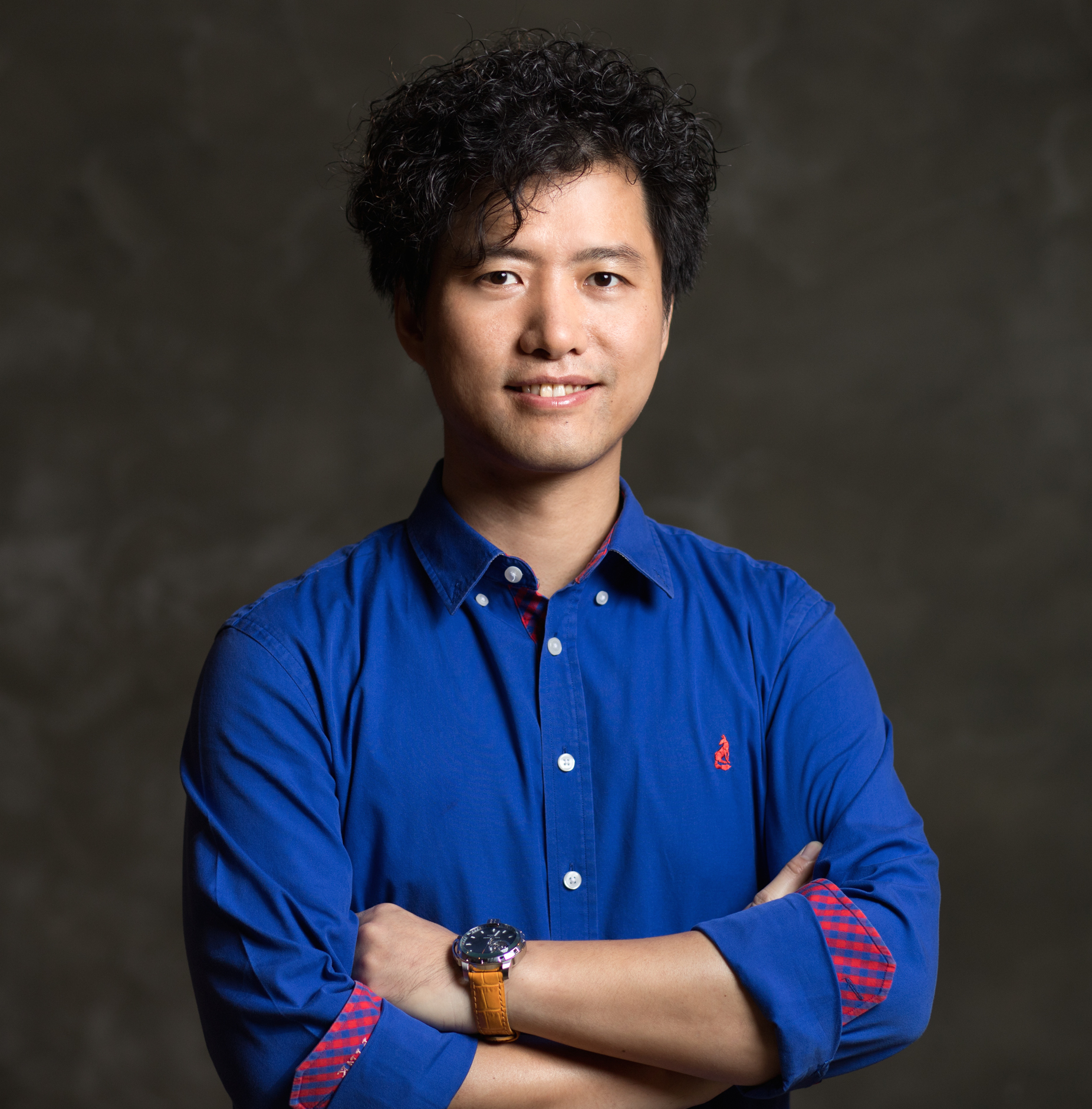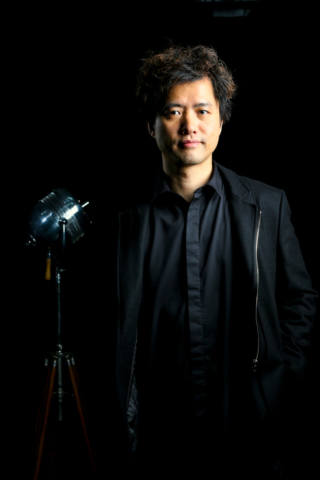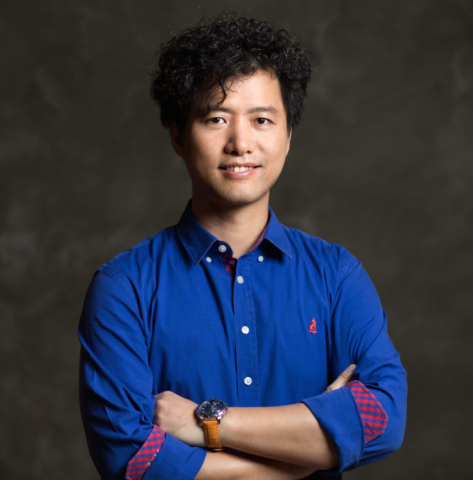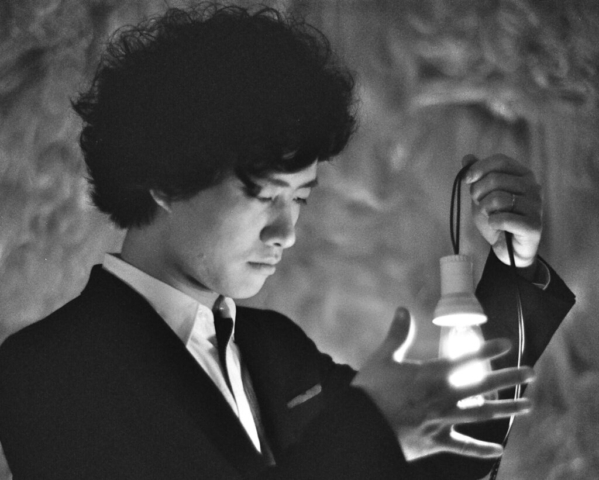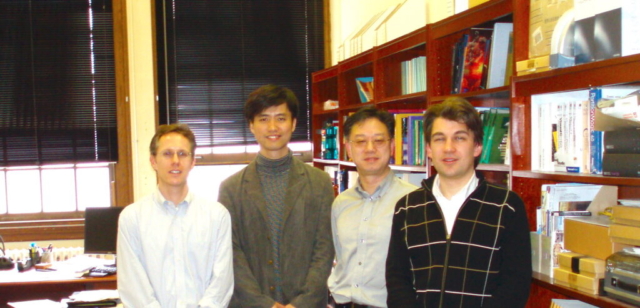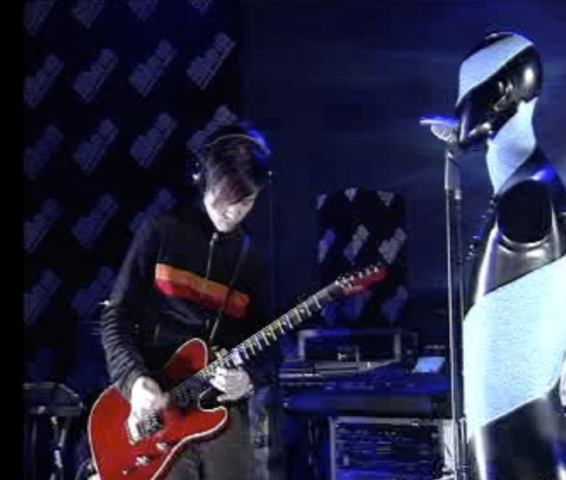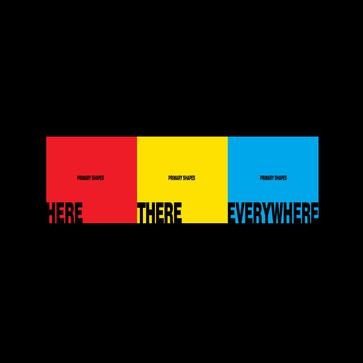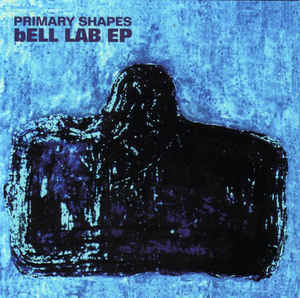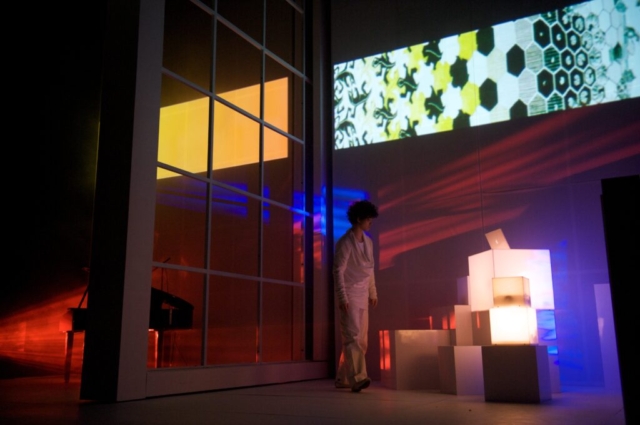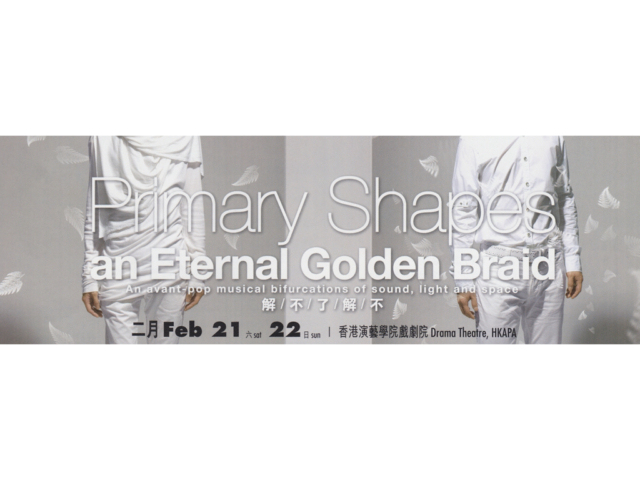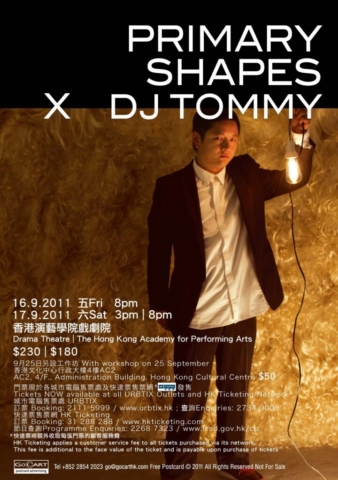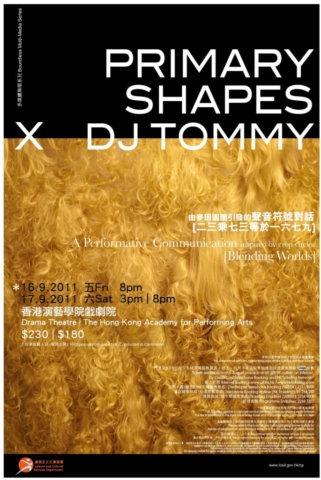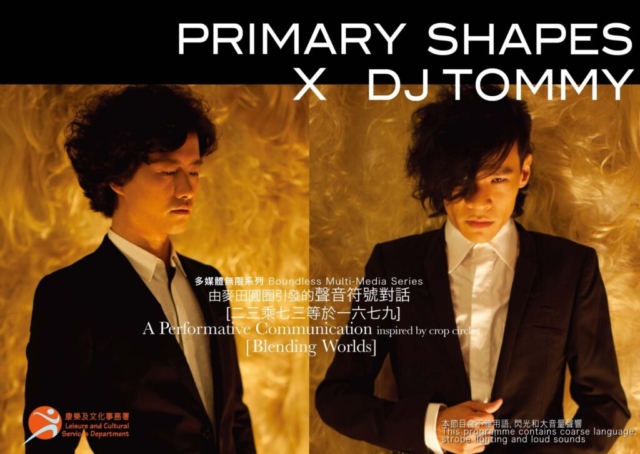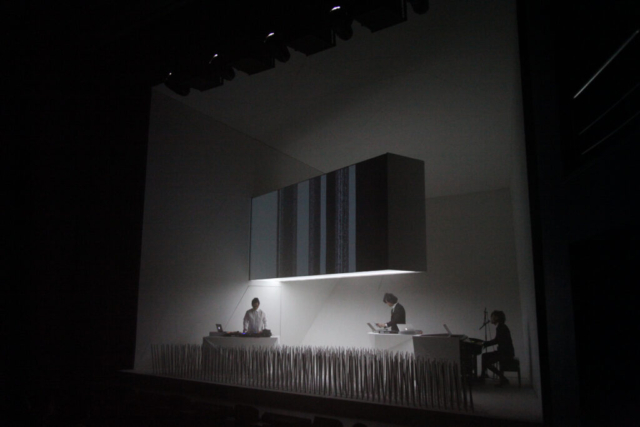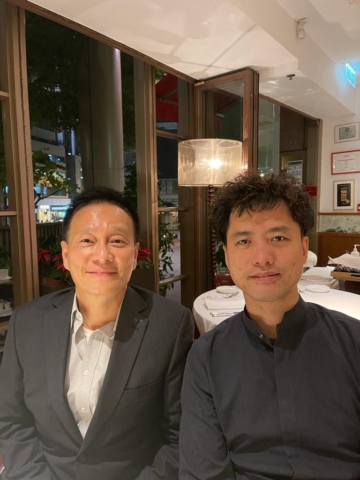24-12-20
In 2020, the Chief Executive of Hong Kong said, “The application of technology has extended the horizon of creativity in arts and brought new opportunities for the arts and creative industries. Leveraging the bold and innovative spirit of local artists and the active support of the Government, Art Tech will flourish and thrive in Hong Kong.
She further announced that East Kowloon Cultural Centre, under construction in Ngau Tau Kok, will have theatres which will apply ‘Art Tech’. They will support ‘extended reality’ and ‘immersive technology’. Audience in future, will see things which do really exist. Immersive technology is that they will go through an experience which looks like actual. In a theatre, actors say their lines but they do need the audios, visuals, lights and olfactory sensations to create a new dramatic environment. Art Tech implies the audience now can enjoy an environment which is more imaginative or ‘as if real’ because of new technology.
YUEN, Cheuk Wa (I call him Wa Yuen) is the Associate Dean of the School of Theatre & Entertainment Arts and also the Head of Media Design & Technology of The Hong Kong Academy for Performing Arts (APA), one of the best art colleges in the world. Wa Yuen was in his teens when he wished to be a band singer (his band was ‘Primary Shapes’). Life was inevitably a million dreams unfulfilled. He thus spent 6 years (a gap year for himself to make a music album and promote it in Britain) on studying sound design and music recording with a first-class degree that he achieved in 2001. After leaving APA, he became a music engineer. What is the purpose of a dream if you do not move on? Wa Yuen made up his mind to do research on the physics and architectures concerned with the functioning of sound. With the financial support from a scholarship and his family, Wa Yuen said goodbye to Hong Kong and arrived at 2 American universities, Rensselaer Polytechnic Institute & California Institute of the Arts from which he got 2 master’s degrees after 3 years’ grappling with art, science and technology which were spices that he found endlessly compelling.
There is a kind of magicness about going far away because coming back to Hong Kong, his hometown, became more missionary for Wa Yuen. His next phase of ambition was how to, as he described, “Put 4 clothes, namely lighting, sound system, visuals and digital media into a washing machine with 3 functions: knowledge enhancement, education spread and common practices.” He still sang as a part-timer, taught, worked for theatres and researched. Finally, Wa Yuen met the fate on his road that he could not avoid: APA. He thought sharing with the young was what he should do now and so he accepted the appointment of the deanship from APA.
I want Wa Yuen not to walk away from 5 subjects which some people put forward to him as an advocate for Art Tech. I asked, “Some believe that in the theatre world, technical people are secondary and the prominent role should be on the front-stage players. True?” Wa Yuen smiled, “Front stage and backstage activities are equally important. All are equal stakeholders of performing art. In the modern world, one can be a slashie i.e. dual roles of both. Alternatively, one can cross the lines. I see no reason why a talented sound engineer cannot change his profession and become a stage director.”
I challenged on behalf of others, “Is Tech just a gimmick?” He disapproved, “Historically, the development of theatre revolved around and evolved with technology. We used to have pavilion and bamboo theatres. But, drama reacted to architectures and technologies at different points of the past. Now, we have art programs matching the modern facilities or vice versa. The truth is that art and ‘tech’ cannot do away with each other and they are not just parallel but bound to interact and help develop a complete theatre.”
I gave the floor to him, “Tech will damage the essence of art?” Wa Yuen was confident, “There is no definition of good or bad art. There is no reason why when an art presentation picks up the focus on ‘Tech’, it will make it a bad presentation. Similarly, an art performance making abundant use of the advanced stage technologies may not make it a good show. I simply believe that Tech is just an indispensable application for the many possibilities of art in a cyber era especially for the young people who prefer new ideas and advents.”
I said, “Some argue Hong Kong has a small art market. Why should we spend a lot on the Tech components of art?” Wa Yuen stared at his palm, “The performing area at West End district in London is very small but it impacts the world. For an art market, we do not look at the geographical size. What matters is its impact and income. If Hong Kong can lead in ‘Art & Tech’, people from other countries will come to watch our shows. We may go further to export such programs overseas.”
I agreed but pretended, “Others said that the standard of our stage performances still has much room for improvements. Should we divert our attention to Tech?” He was fair, “For the improvements that you mentioned, some creative directors may require new Tech concepts to be inserted into their work. We simply make the ‘kitchen’ as user-friendly as possible in terms of technical supports to the creative users. Honestly, the stage facilities in Hong Kong are, in most cases, behind those of the big cities and it is the right time to upgrade.”
The test of the success in theatres is the amount of satisfaction that it gives to audience. If Tech gives rise to good reactions and more audience, its value will be proven. If it does not, the quality of the art content may be what we should next fix. To prevent such a problem from transpiring, we shall immediately launch new Art Tech training programs for the other theatre stakeholders such as directors and scriptwriters so that they know how to apply Tech to creativity and generate unbeatable performances.
This article can also be found at the following sites:



